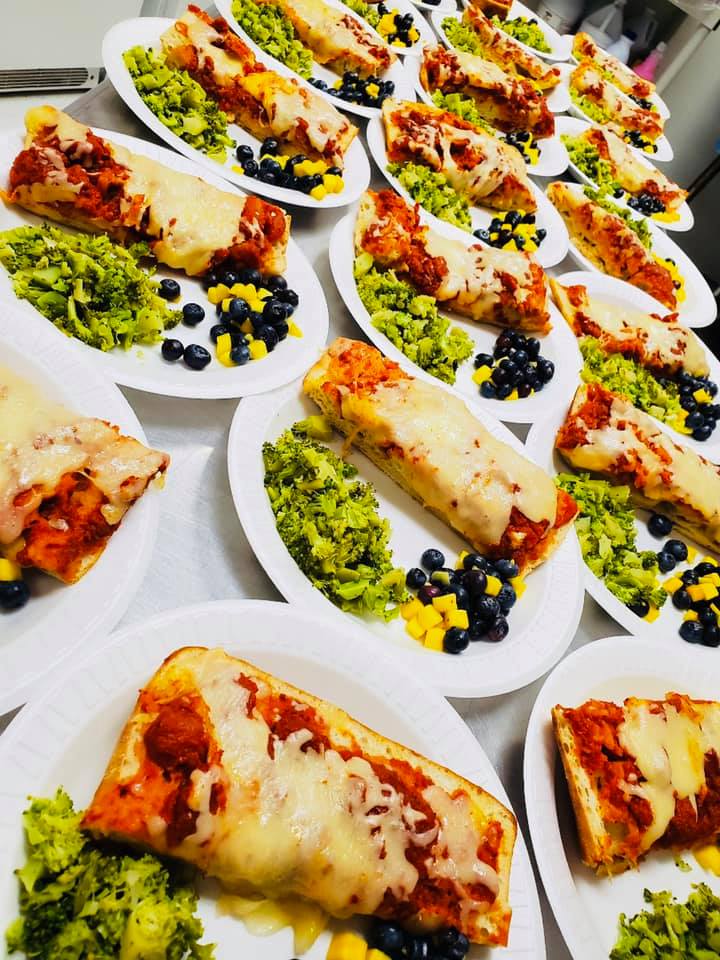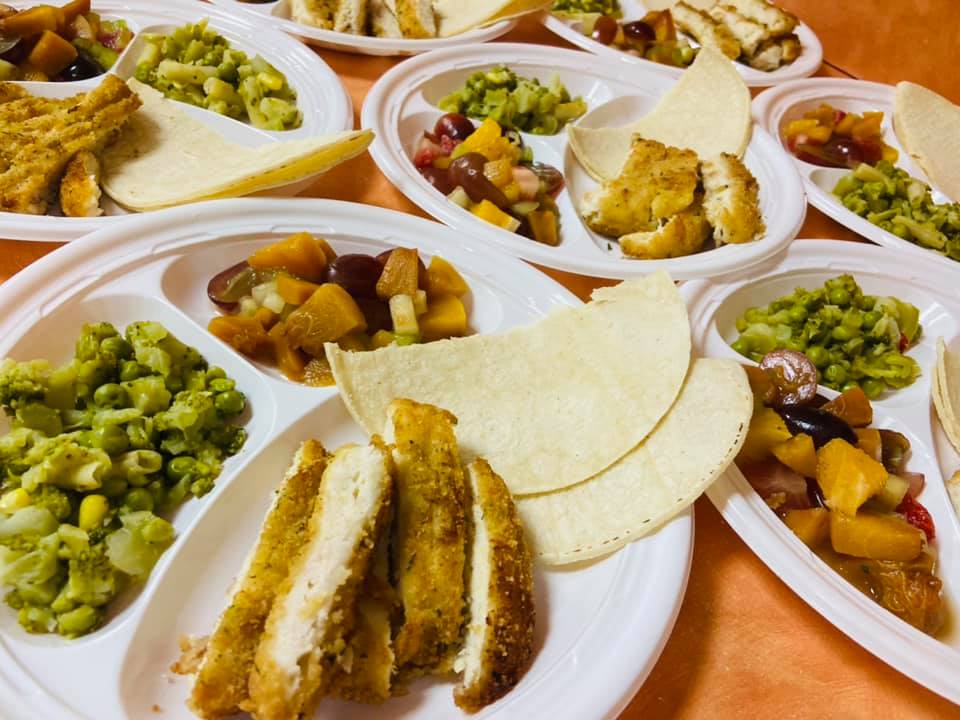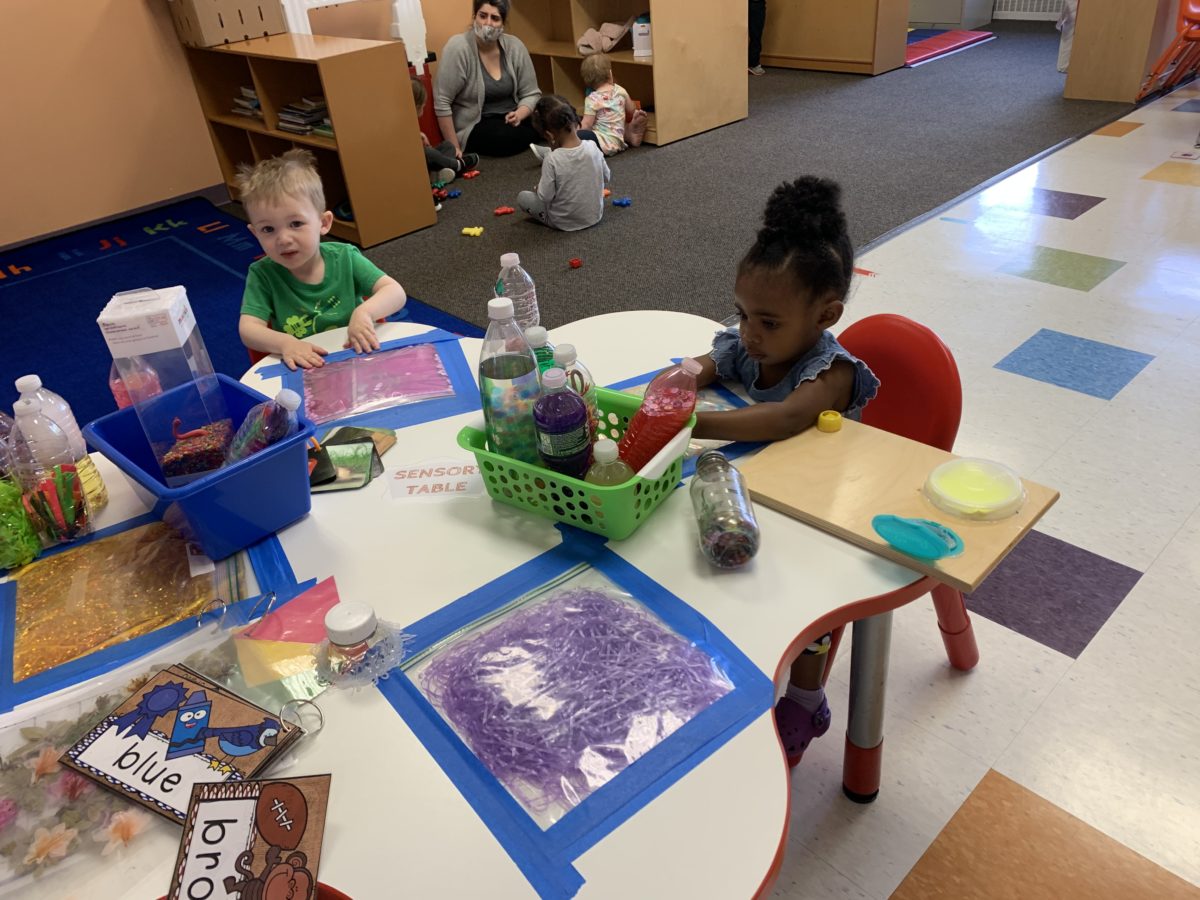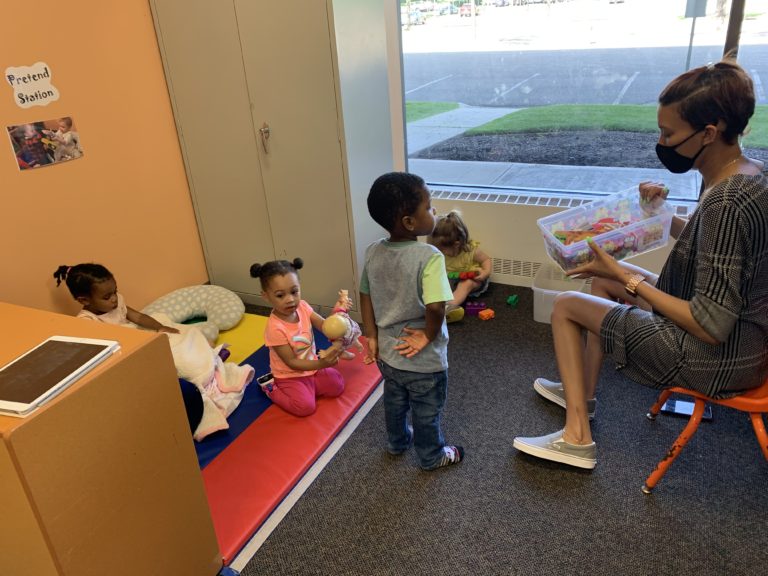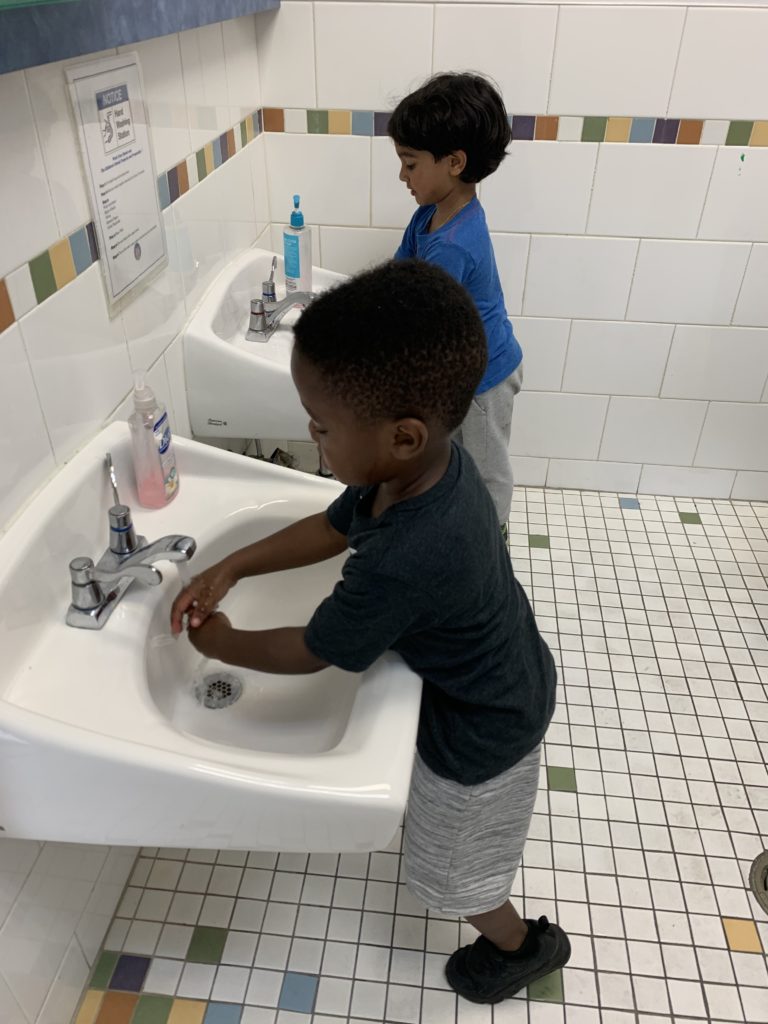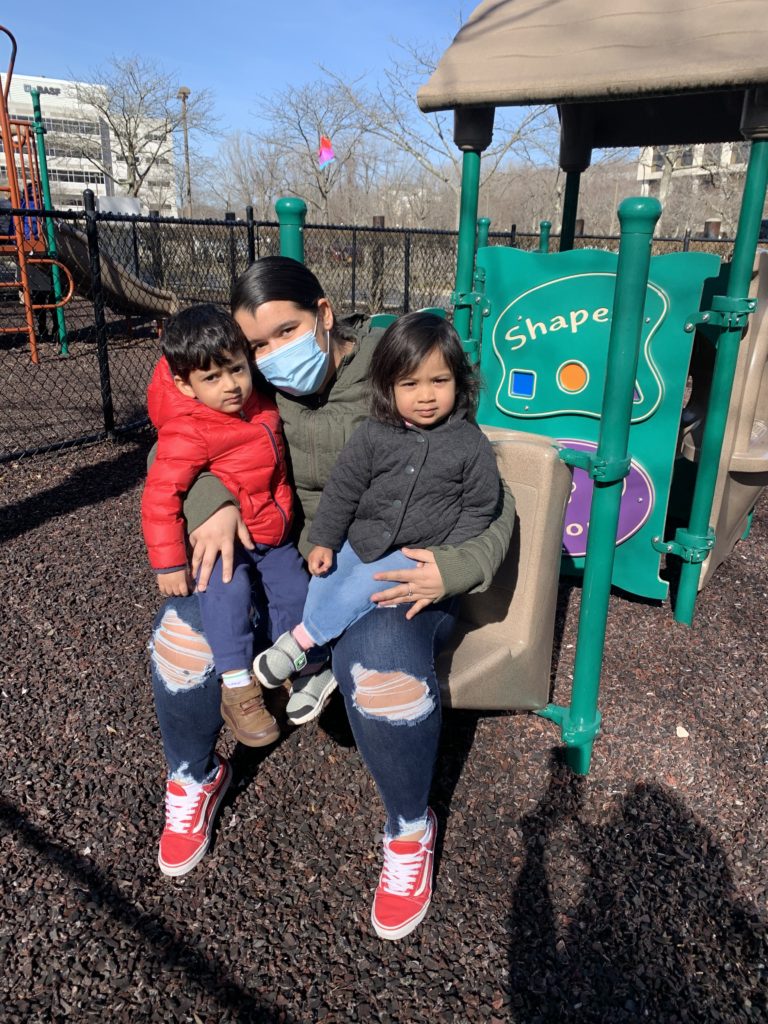Do you want to raise an adventurous eater? Do you have any picky eaters in your family?
We are happy to share wisdom from Kelly Gumpel, RD, CDN, CDCES. Kelly is a Registered Dietitian and Certified Diabetes Care and Education Specialist. She’s also a mom of one of Discovery Village’s preschoolers and a lover of all things food!
Kelly generously volunteered her time, leading a conversation with Discovery Village families about how to raise an adventurous eater. We are happy to share some of what we learned.
On Meal and Snack Times:
- When you can, eat together as a family.
- Make meal times pleasant.
- Avoid distractions while eating.
- Schedule meal and snack times rather than eating at different times each day.
On Introducing New Foods:
- Expose children to new foods patiently. It can take up to 20 tries for a child to eat a new food.
- At meals provide at least one food your child likes. Your child may only eat that one food. In time your child will try other foods.
- Introduce new foods on the plate with a food your child already knows and likes.
- Get creative with various presentations of new foods. For example, on different days offer carrot sticks, baby carrots, cooked carrots, or carrots with cinnamon.
- Get playful with new foods. Arrange food on the plate with a smiley face or in other fun arrangements. Consider it a win if your child explores a new food the first time; sticking fingers into it or moving it around on the plate.
On Learning about Different Foods and About Eating:
- Include your child in trips to the grocery store. Or, if because of COVID you prefer not to take your child to the grocery store, have your child help you unpack the food.
- Model using utensils and chewing with your mouth closed.
- Help your child learn to talk about food. Teach not to say “that’s yucky” or “that’s disgusting”. Instead, let you child know it’s ok to say that you don’t want that now. Tastes change over time.
On Helping Children Understand and Respect Their Own Bodies:
- Children have a natural ability to eat. They can assess for themselves how hungry and how full they are. Your responsibility as a parent is to offer balanced, healthy meals. It is your child’s responsibility to decide how much to eat and whether to eat.
Take a look at the links below for some valuable information on ways to raise an adventurous eater.
Have fun with adventurous eating!
